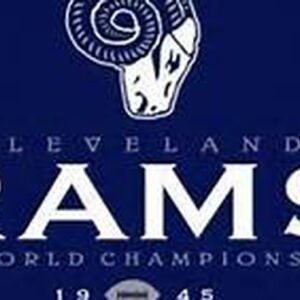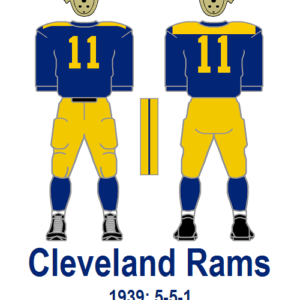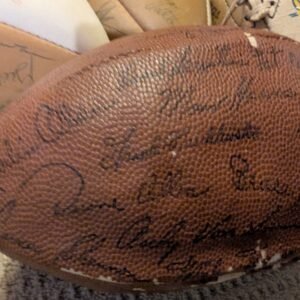The 2000 St. Louis Rams season was one of mixed emotions. While the team still boasted one of the most dynamic offenses in the NFL, the season ended in disappointment after an early exit from the playoffs. After their unforgettable Super Bowl XXXIV victory in 1999, the Rams entered the 2000 season with high expectations and a target on their backs. However, despite remaining a contender, they couldn’t quite capture the same magic that led them to the championship the previous year.


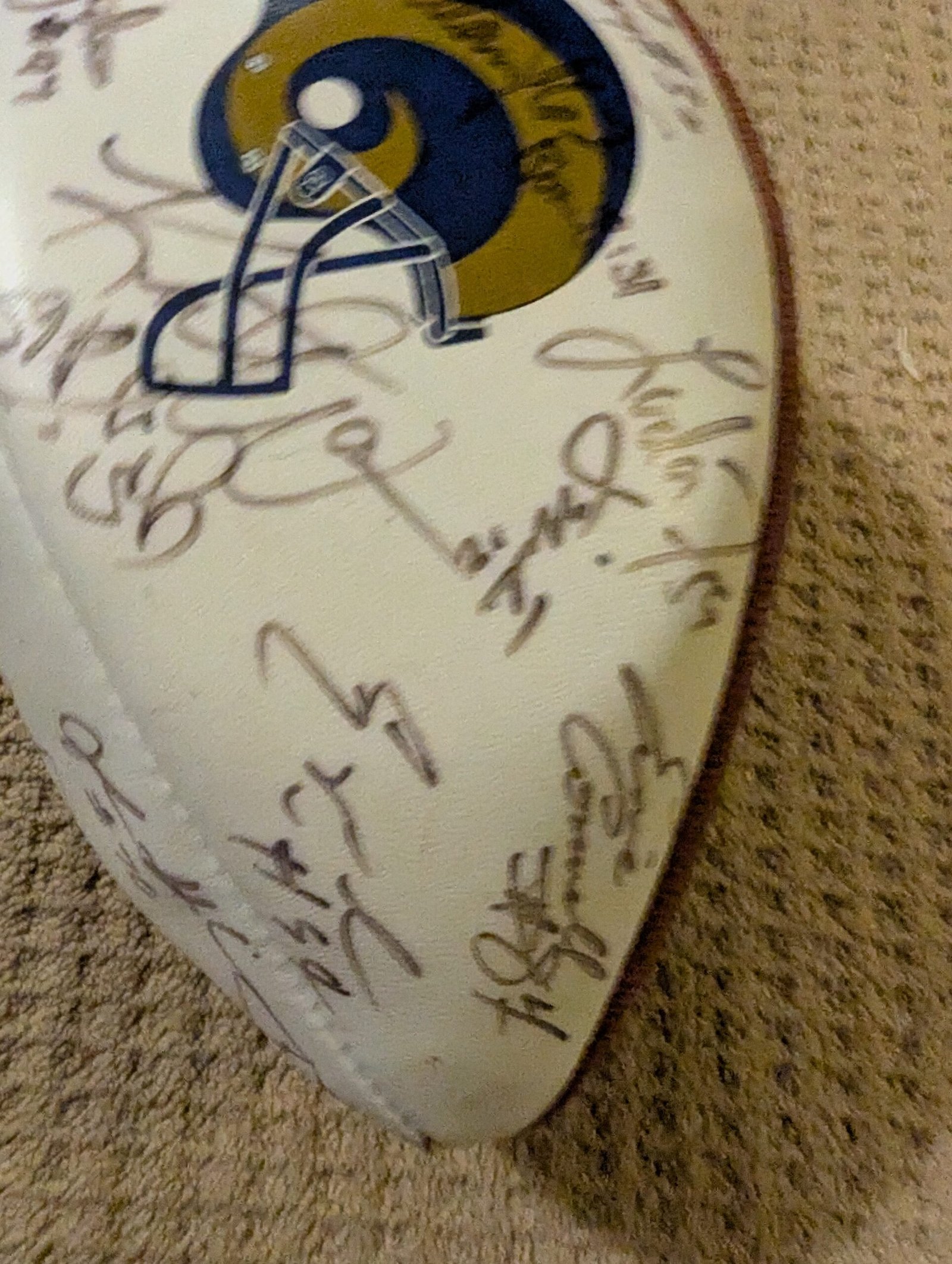
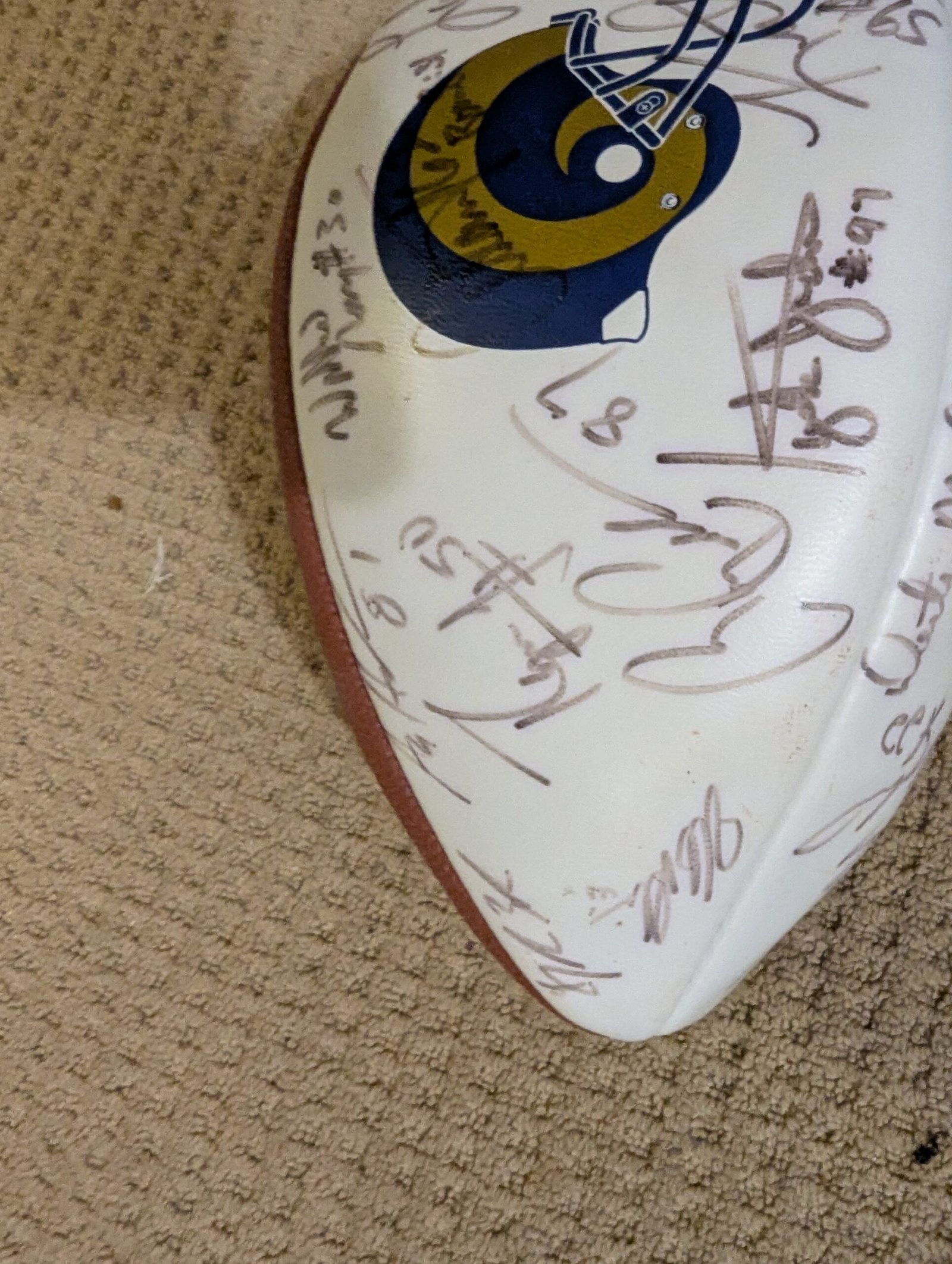
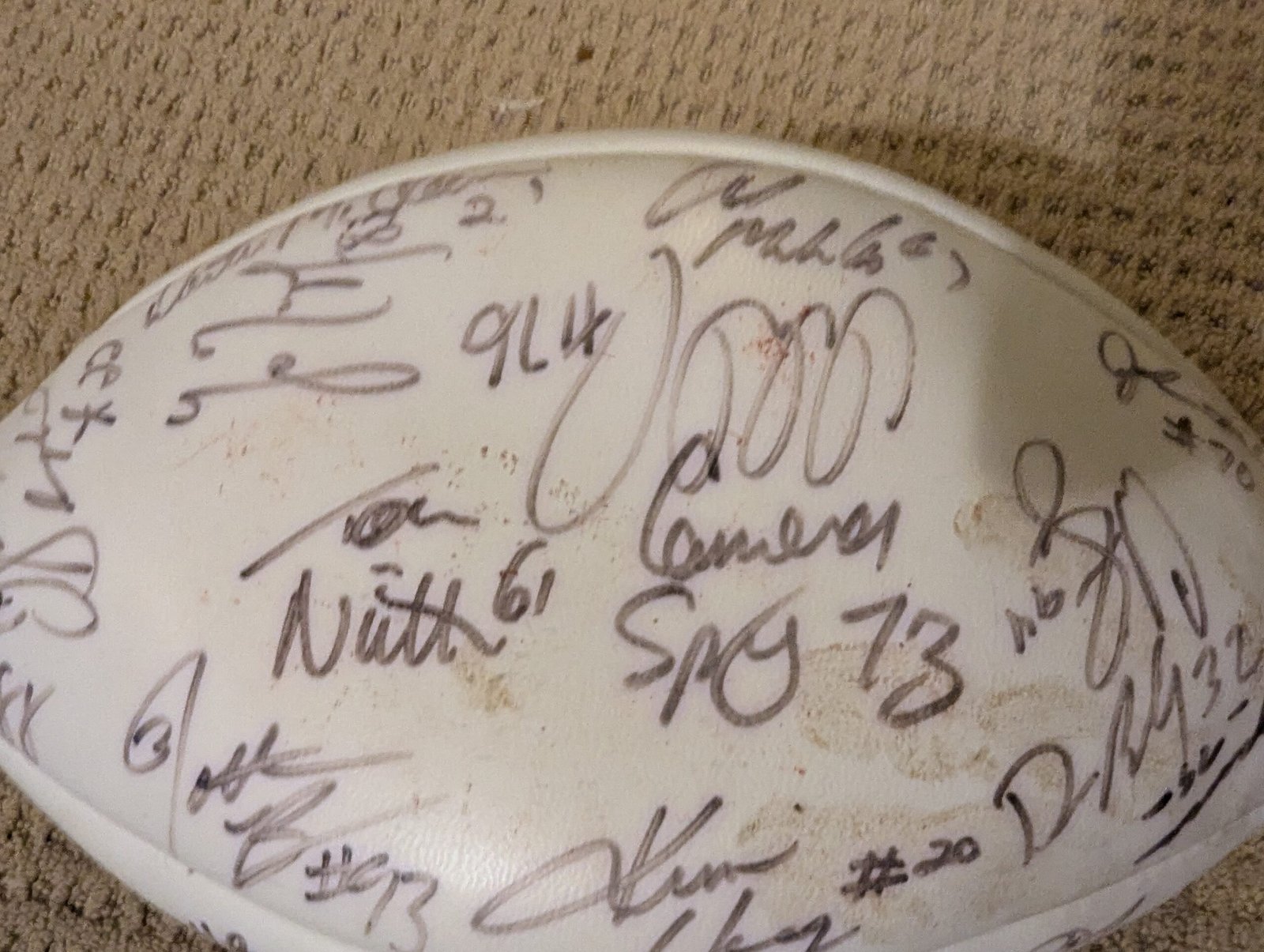
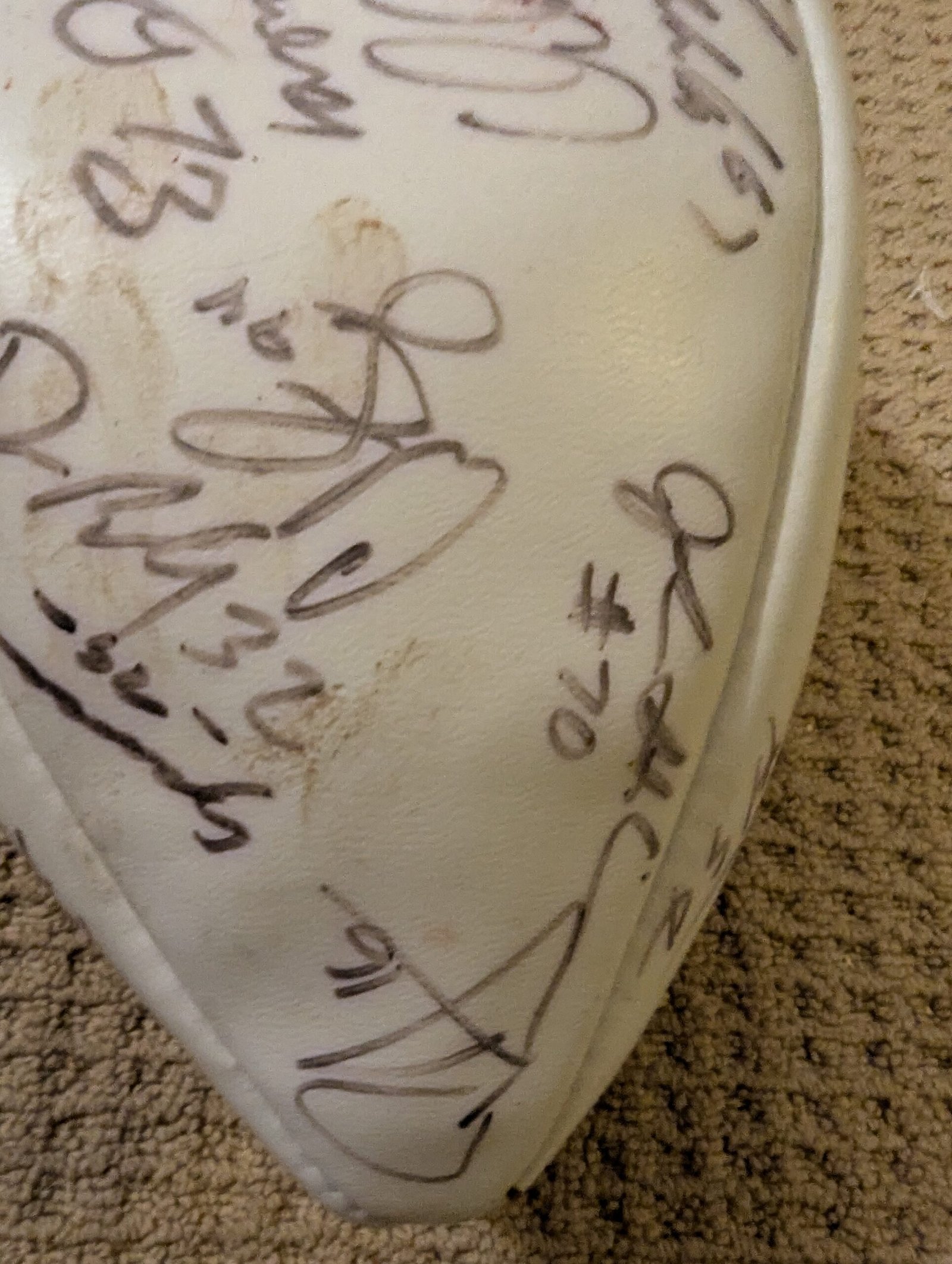
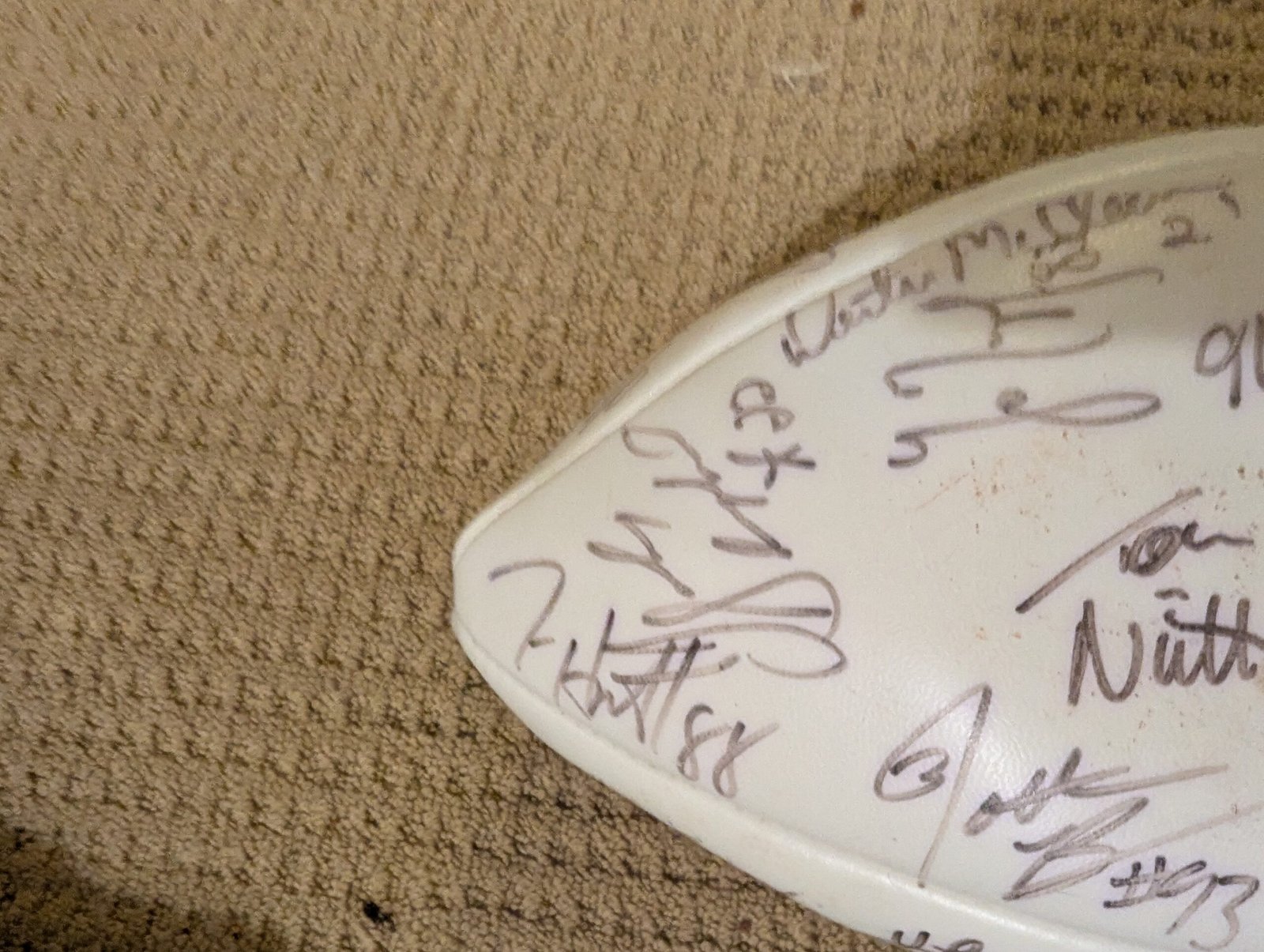
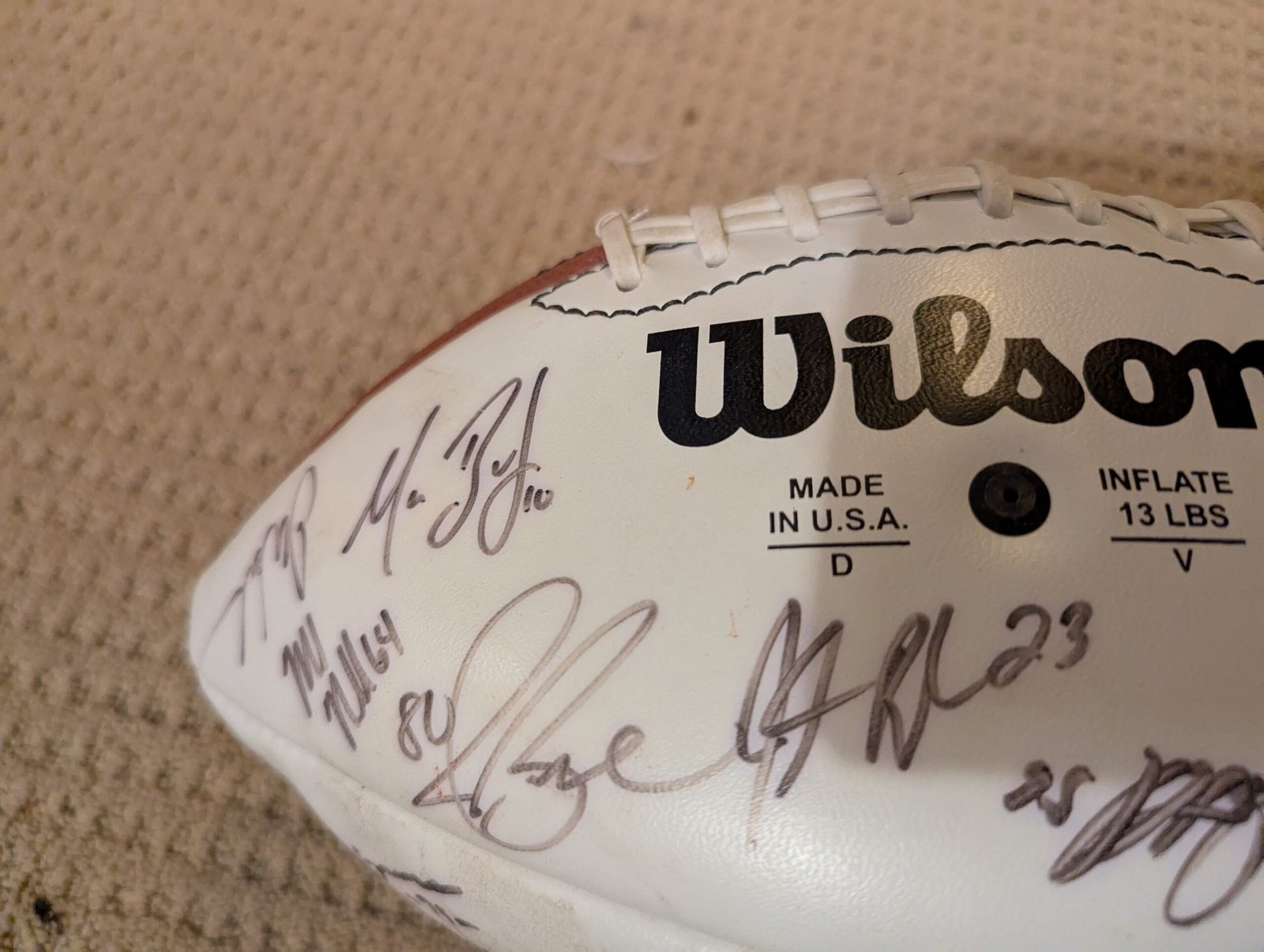


Record: 10-6
The Rams finished the regular season with a 10-6 record, which was enough to win the NFC West division. However, unlike the previous year, they were unable to maintain the same level of dominance throughout the season. Their offense, while still explosive, wasn’t as efficient as it had been in 1999, and their defense struggled to consistently stop opposing offenses. Nonetheless, they finished strong enough to make the playoffs.
Offense: A Step Back
The 2000 Rams offense, often referred to as the “Greatest Show on Turf,” was still potent, but it lacked the same efficiency and production as it had in the previous year. Quarterback Kurt Warner, the reigning NFL MVP and Super Bowl MVP, continued to lead the offense. However, Warner’s play was impacted by a midseason injury, which caused him to miss some games. This led to Marc Bulger stepping in as a backup and performing admirably in Warner’s absence.
Kurt Warner finished the regular season with 4,353 yards, 21 touchdowns, and 18 interceptions. While he had some standout performances, he was not as sharp as he was in 1999. Nonetheless, Warner’s ability to lead the team remained a critical part of the Rams’ success.
Running back Marshall Faulk was once again the centerpiece of the Rams’ offense. Faulk was as dangerous as ever, accumulating 1,359 rushing yards, 7 rushing touchdowns, and contributing 765 receiving yards and 5 touchdowns. He continued to prove his versatility and was a constant threat in both the running and passing game, although he didn’t quite replicate the record-breaking numbers from the previous year.
The Rams’ wide receiver corps, led by Isaac Bruce, Torry Holt, and Az-Zahir Hakim, remained formidable. Bruce posted 1,204 receiving yards and 7 touchdowns, while Holt, in his second season, improved his performance, recording 1,635 yards and 5 touchdowns. However, despite these individual performances, the team’s offensive efficiency was inconsistent, especially in key moments.
Defense: Struggles and Improvement
The Rams’ defense in 2000 was a work in progress. While the offense carried most of the burden, the defense showed signs of improvement compared to the prior seasons, but it was still prone to lapses in coverage and struggled to generate consistent pressure on the quarterback.
The Rams finished 20th in total defense during the regular season, which was one of the primary weaknesses of the team. However, some individuals stood out on the defensive side of the ball. Defensive end Kevin Carter was one of the leaders, contributing with 12 sacks. Aeneas Williams had another solid season in the secondary, providing leadership and skill at cornerback. The Rams also benefited from some key additions, including linebacker London Fletcher, who played a crucial role in improving the defense in the middle of the field.
The defense did show some resilience in the latter part of the season, making key stops when needed, but their inconsistency ultimately hurt the Rams in the postseason.
Special Teams
The Rams’ special teams were solid in 2000, led by kicker Jeff Wilkins, who made 25 field goals throughout the season. Wilkins’ leg remained a reliable weapon, and his ability to convert in high-pressure moments helped the Rams maintain close games. Az-Zahir Hakim also contributed with his explosive return ability, although special teams didn’t play as significant a role as the offense or defense.
Playoff Run
Despite their 10-6 regular season record and NFC West title, the Rams struggled in the postseason. They entered the playoffs as the 3rd seed in the NFC but faced a challenging first-round matchup against the New Orleans Saints.
- NFC Wild Card Game: The Rams faced the New Orleans Saints in the NFC Wild Card round. The game was a rollercoaster, with the Rams ultimately falling short 31-28. The Saints capitalized on mistakes and defensive vulnerabilities, sending the Rams home earlier than expected in what was a major disappointment following their Super Bowl win the previous year.
The loss to the Saints ended the Rams’ playoff hopes early, despite their high-octane offense and winning record. Many believed that the Rams’ defense, which had been a point of concern throughout the season, was exposed in the postseason, ultimately contributing to their untimely exit.
Head Coach Dick Vermeil
Dick Vermeil, the head coach who helped orchestrate the Rams’ Super Bowl win the previous season, continued to lead the team in 2000. However, the season was a reminder of how difficult it is to maintain success in the NFL, especially when defending a championship. Vermeil’s leadership was still important, but the team struggled to match the dominance they had shown the previous year, particularly when it came to consistency on both sides of the ball.
Vermeil would later retire after the 2000 season, leaving behind a legacy as the coach who revived the Rams’ fortunes and brought the franchise its first Super Bowl title. His departure marked the end of an era for the team.
Legacy
The 2000 St. Louis Rams season is often seen as a letdown after the high of the 1999 Super Bowl victory. The Rams were unable to repeat their championship success, and the season ended in disappointment with an early playoff exit. However, the Rams remained a strong team and were still considered one of the league’s most dangerous offenses.
While they couldn’t maintain the same level of dominance, the 2000 Rams laid the foundation for future success, particularly with their young players and continued emphasis on offense. Kurt Warner, Marshall Faulk, Isaac Bruce, and Torry Holt remained key players for the team in the years to come, and their performances in 2000 solidified their place in Rams’ history.
Overall, while the 2000 season didn’t culminate in another championship, it was a reminder of the talent and excitement the Rams had at the turn of the millennium, and it set the stage for future seasons where they would once again be contenders in the NFL.
Head Coach: Mike Martz
|

